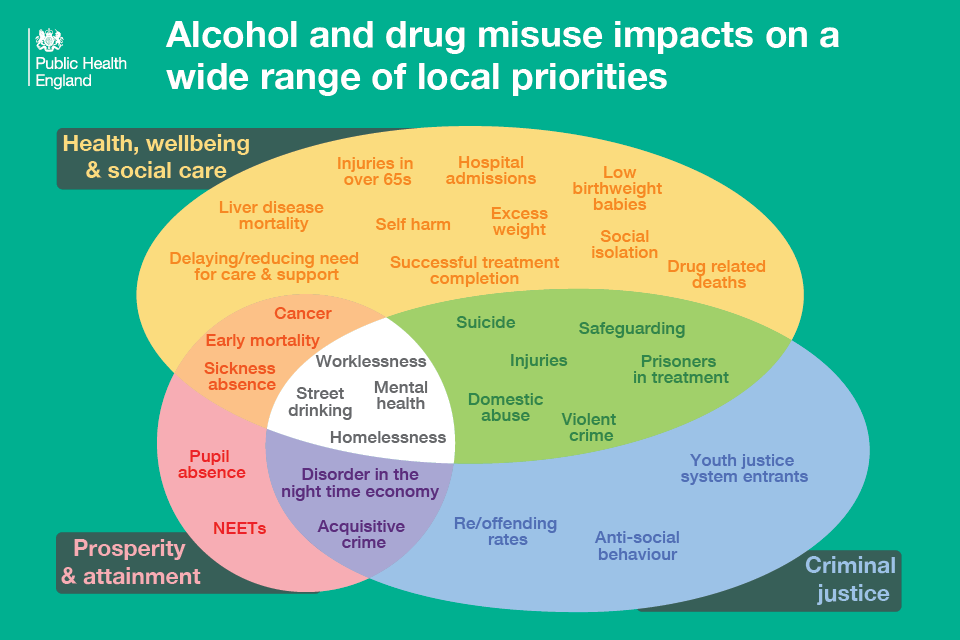Women And Alcohol: A Public Health Issue Requiring Attention

Table of Contents
The Unique Physiological Impacts of Alcohol on Women
Women metabolize alcohol differently than men, resulting in higher blood alcohol content (BAC) levels for the same amount of alcohol consumed. This physiological difference contributes to a heightened risk of various health problems.
- Increased Risk of Liver Disease: Women are more susceptible to alcohol-related liver damage, including cirrhosis and liver failure, often at lower consumption levels than men.
- Cardiovascular Complications: Alcohol consumption significantly increases the risk of heart disease, stroke, and high blood pressure in women.
- Cancer Risk: Studies show a strong correlation between alcohol use and increased risk of several cancers, including breast, liver, and colorectal cancer, in women.
- Reproductive Health Issues: Alcohol negatively impacts women's reproductive health, leading to fertility problems, increased risk of miscarriage, premature birth, and fetal alcohol spectrum disorders (FASDs). Menstrual irregularities are also common.
These differences emphasize the critical need for tailored approaches to alcohol prevention and intervention programs for women, considering their unique vulnerabilities concerning women's health and alcohol metabolism. Understanding the specific liver damage, reproductive health, and fertility issues linked to alcohol consumption is paramount.
Societal Factors Contributing to Alcohol Use in Women
Societal pressures and gender roles significantly influence women's drinking habits. Many factors contribute to increased alcohol consumption in women:
- Stress and Anxiety: Women often experience higher rates of stress and anxiety, leading to self-medication with alcohol. The interplay between mental health and alcohol use is a critical area of concern.
- Gender Roles and Expectations: Traditional gender roles and societal expectations can normalize or even encourage alcohol consumption in women as a way to cope with pressures or to fit in socially. This contributes to women's drinking habits.
- Targeted Marketing: Alcohol marketing strategies often target women, portraying alcohol as a means of relaxation, social connection, or empowerment, potentially normalizing heavy drinking. This emphasizes the impact of alcohol marketing on women's choices.
- Social Isolation: Social isolation and loneliness can exacerbate alcohol use in women, creating a vicious cycle of dependence and further isolation. The correlation between social isolation and increased alcohol consumption needs further investigation.
Addressing these social pressure and gender roles contributing to increased alcohol use requires a multifaceted approach that challenges harmful societal norms and promotes healthier coping mechanisms for women.
The Impact of Alcohol on Women's Mental Health
Alcohol consumption significantly impacts women's mental health, creating a complex interplay between substance abuse and mental illness.
- Worsening Existing Conditions: Alcohol can worsen existing mental health conditions like anxiety and depression, making treatment more challenging and leading to a potentially downward spiral.
- Increased Risk of Self-Harm: Women struggling with alcohol dependence are at a significantly higher risk of suicide and self-harm attempts. This highlights the urgent need for suicide prevention strategies within the context of alcohol addiction.
- Complicated Treatment: The co-occurrence of alcohol dependence and mental health disorders requires integrated mental health and addiction services tailored to women's specific needs. Access to effective mental health services is crucial.
This intricate relationship between women's mental health and alcohol necessitates a comprehensive approach to treatment, acknowledging the unique challenges faced by women struggling with both alcohol dependence and co-occurring mental health conditions like anxiety disorders and depression.
Seeking Help and Available Resources for Women Struggling with Alcohol
There are numerous resources available for women seeking help with alcohol problems. Early intervention and professional help are crucial for successful recovery.
- Helplines and Support Groups: Confidential helplines and support groups like Alcoholics Anonymous (AA) provide crucial emotional support and guidance.
- Treatment Centers: Specialized treatment centers offer a range of services, including therapy, medication-assisted treatment, and rehabilitation programs. These facilities often provide specialized care for women, addressing the unique challenges they face.
- Therapy and Counseling: Individual and group therapy can help women identify underlying issues contributing to their alcohol use and develop coping strategies.
- Medication: Medication can be helpful in managing withdrawal symptoms and cravings, particularly during the initial stages of recovery.
These resources emphasize the accessibility and confidentiality of alcohol treatment, highlighting the importance of readily available rehabilitation centers, effective therapy, and supportive support groups. Knowing where to find alcohol helplines and other women's support services is vital.
Conclusion: Addressing the Public Health Crisis of Women and Alcohol
The unique physiological vulnerabilities, combined with the pervasive societal pressures faced by women, create a complex and concerning picture regarding alcohol consumption. Addressing this public health crisis requires a multifaceted strategy: increased awareness, improved access to resources, and proactive preventative measures. Understanding the complexities of women and alcohol is crucial. We must work together to raise awareness, reduce the stigma surrounding alcohol dependence in women, and provide comprehensive support for those who need help. If you or someone you know is struggling with alcohol use, please reach out for help. Learn more about available resources for women and alcohol today.

Featured Posts
-
 Predicting The Padres Vs Cubs Matchup A Second Loss For San Diego
May 15, 2025
Predicting The Padres Vs Cubs Matchup A Second Loss For San Diego
May 15, 2025 -
 Ovechkin Noviy Rekord Snaypera Pley Off N Kh L
May 15, 2025
Ovechkin Noviy Rekord Snaypera Pley Off N Kh L
May 15, 2025 -
 893 Goals And Counting Ovechkins Pursuit Of Gretzkys Nhl Record
May 15, 2025
893 Goals And Counting Ovechkins Pursuit Of Gretzkys Nhl Record
May 15, 2025 -
 Peavy Rejoins Padres Organization In Executive Role
May 15, 2025
Peavy Rejoins Padres Organization In Executive Role
May 15, 2025 -
 3 2026
May 15, 2025
3 2026
May 15, 2025
